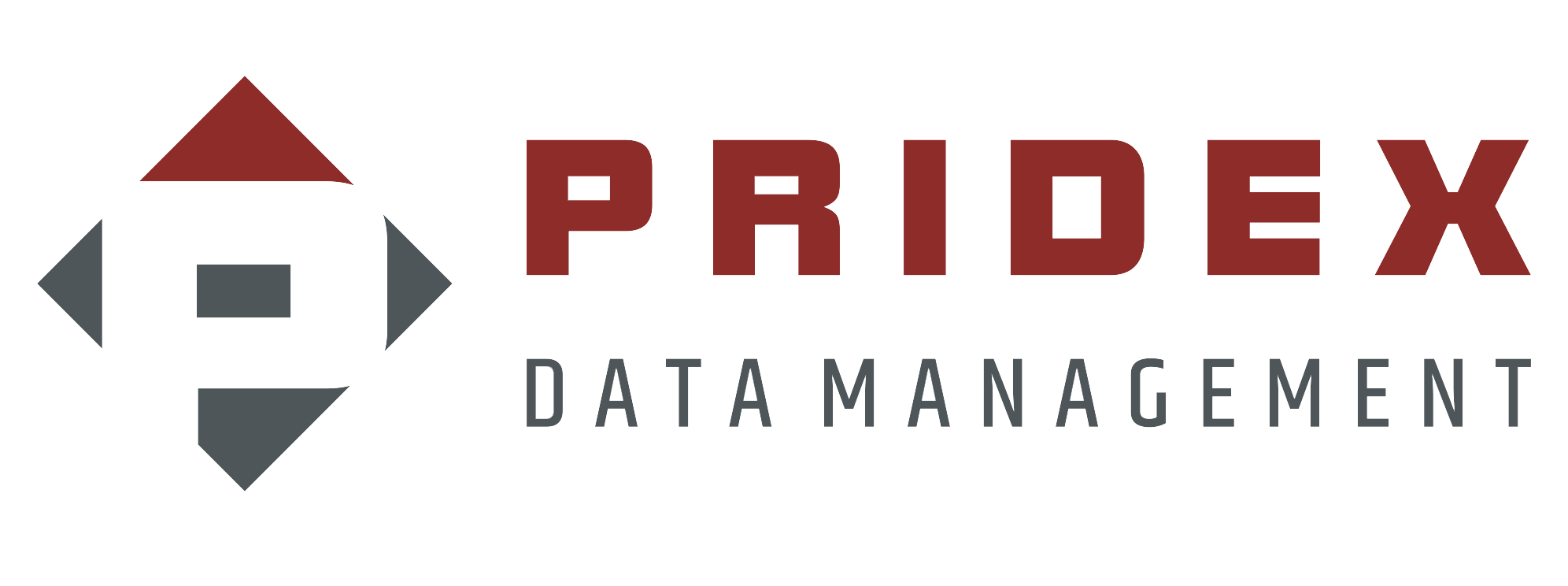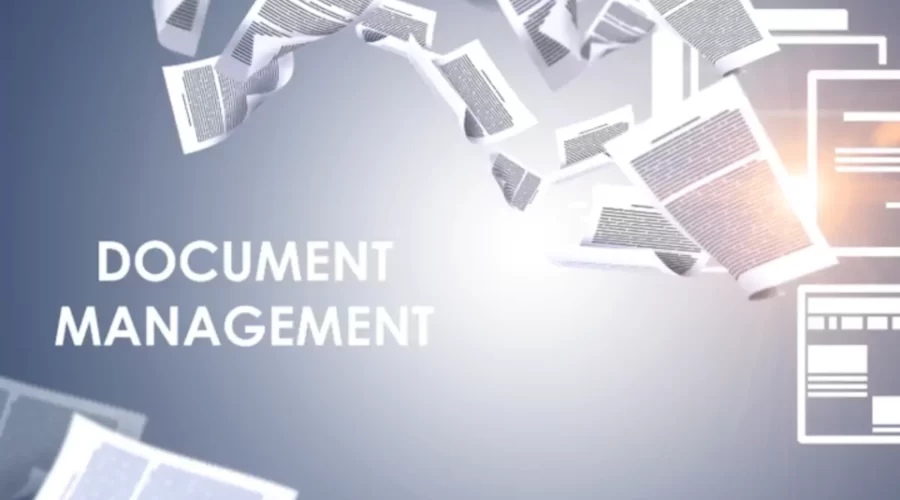Start by painting a picture of a world where physical documents are no longer tethered to desks or confined to filing cabinets. Introduce the idea that document digitization isn’t just about modernizing processes; it’s about reshaping how we interact with information and each other in the workplace.

The Digital Work Revolution:
-
Empowering Remote Collaboration: Explore how digitized documents enable seamless collaboration among remote teams, breaking down geographical barriers and fostering innovation.
-
Flexibility and Mobility: Discuss the freedom that comes with accessing documents from any device, anywhere, at any time, empowering employees to work on their own terms and enhancing work-life balance.
-
Inclusive Accessibility: Highlight how digital documents can be made accessible to individuals with disabilities through screen readers, text-to-speech technology, and other assistive tools, promoting inclusivity in the workplace.
Document Digitization and Sustainability:
-
Environmental Impact: Address the environmental benefits of reducing paper consumption, including decreased deforestation, energy conservation, and lower carbon emissions associated with printing and transportation.
-
Corporate Responsibility: Discuss how embracing document digitization aligns with corporate sustainability goals and demonstrates a commitment to environmental stewardship and social responsibility.
Document Digitization and Sustainability:
-
Environmental Impact: Address the environmental benefits of reducing paper consumption, including decreased deforestation, energy conservation, and lower carbon emissions associated with printing and transportation.
-
Corporate Responsibility: Discuss how embracing document digitization aligns with corporate sustainability goals and demonstrates a commitment to environmental stewardship and social responsibility.
Reshaping Organizational Culture:
-
Agility and Adaptability: Explore how transitioning to digital document workflows fosters a culture of agility and adaptability, enabling organizations to respond quickly to changing market conditions and customer needs.
-
Knowledge Sharing and Collaboration: Illustrate how digitized documents facilitate knowledge sharing and cross-departmental collaboration, breaking down silos and fostering a culture of transparency and teamwork.
The Human Touch in a Digital World:
-
Preserving Human Connection: Emphasize the importance of maintaining human connection and empathy in a digitally-driven workplace, despite the convenience of virtual interactions.
-
Creativity and Innovation: Discuss how freeing employees from mundane document management tasks allows them to focus on higher-value activities, such as creative problem-solving and innovation.
Ethical Considerations and Digital Literacy:
-
Data Privacy and Security: Address ethical concerns related to data privacy and security in the digital age, emphasizing the importance of robust cybersecurity measures and responsible data management practices.
-
Digital Literacy: Advocate for ongoing digital literacy training to ensure that employees possess the skills and knowledge necessary to navigate and leverage digital document technologies effectively.
Conclusion:
Wrap up by reflecting on the transformative power of document digitization in redefining how we work, collaborate, and connect with one another. Encourage readers to embrace the human-centric aspects of digital transformation and leverage technology to create a more inclusive, sustainable, and innovative workplace culture.





